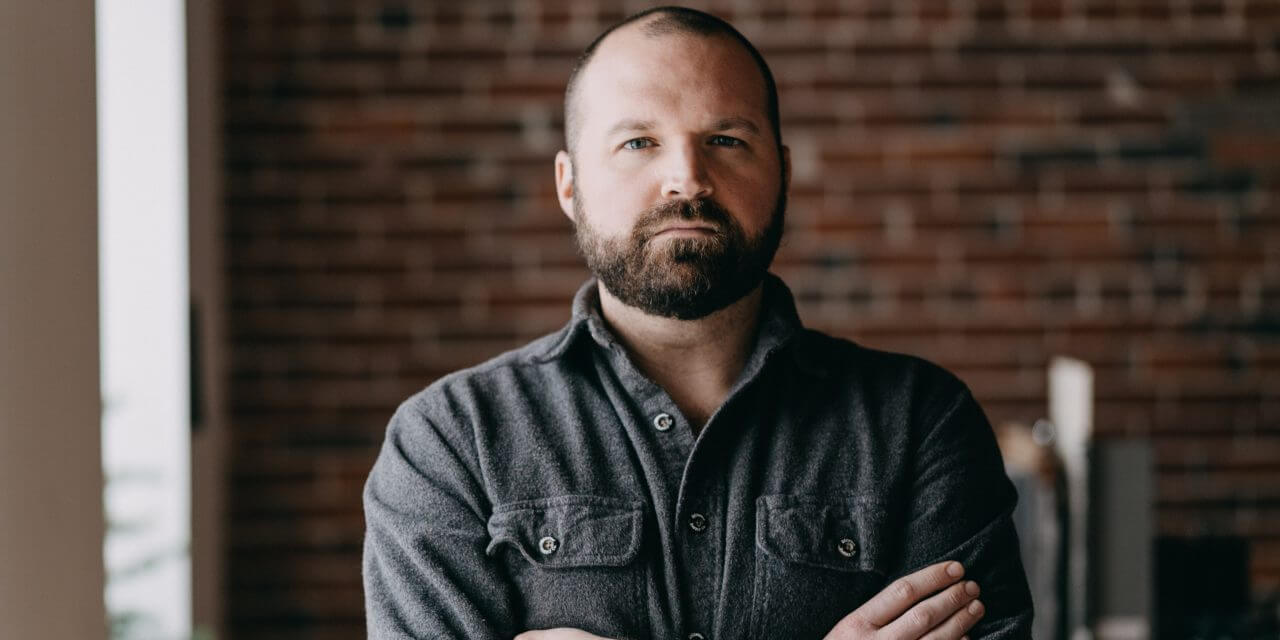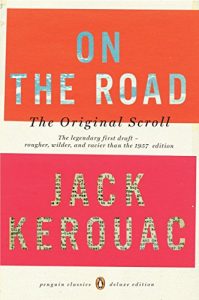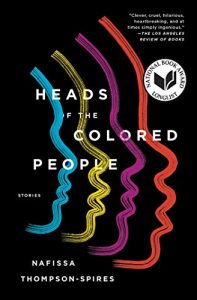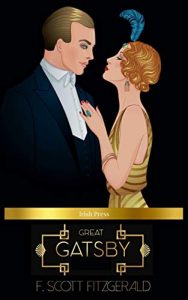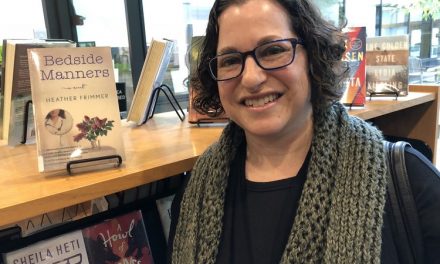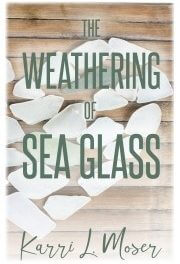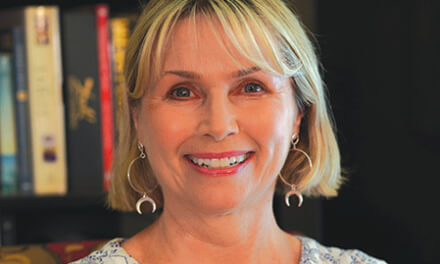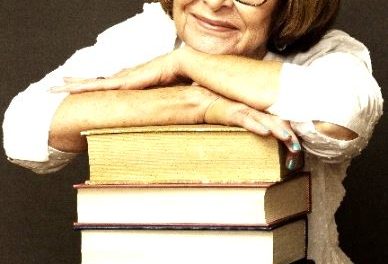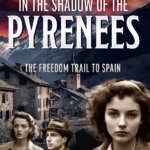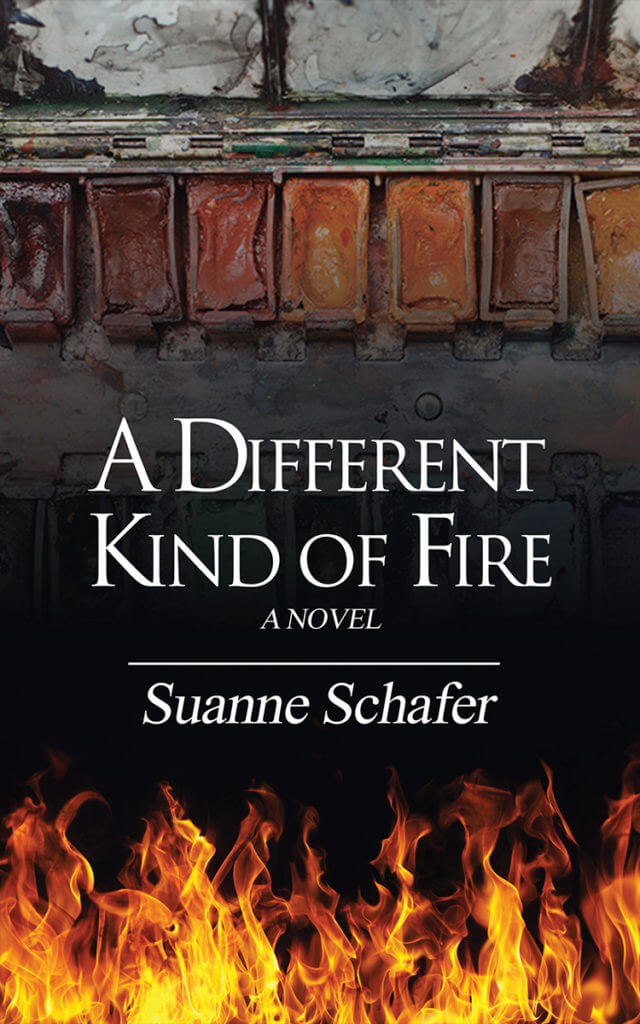I’m welcoming Dave Patterson to the blog today in another Covid-safe interview. Dave holds an MA from the Bread Loaf School of English and an MFA from the University of Southern Maine’s Stonecoast program. His work has appeared in Slice Magazine, Salon, Hot Metal Bridge, Clare Literary Journal, and The Portland Press Herald among others. He was a finalist for a 2019 Maine Literary Award in fiction. He is a contributing writer at Maine Magazine where he covers craft beer. Patterson teaches high school English in Maine and at Southern New Hampshire University’s Online MFA program in Creative Writing. He lives in Cape Elizabeth, Maine, with his wife, two kids, and dog.
SS: Did anything in your past push you to write about your book and the conflict(s) in it?
DP: When I was a kid, my mother was diagnosed with cancer and my father lost his job at the same time. The once firm soil of my childhood was sent into a landslide. At the time I was forced to grapple with the fear of losing my mother along with all the shame that goes along with being poor in America. I recall food stamps and handouts from our church’s food pantry entering my life at the same time I learned the words malignant and radiation therapy. After two years, my mother’s cancer went into remission, and my father found a job. We began the uphill climb back towards health and the lower rungs of the middle class—a fight that in some ways is still happening. It took a lot of years to finally be ready to write about my childhood, to gain the perspective to turn it into art on the page. But when I was finally ready to tackle the novel form, my story was waiting for me.
SS: What literary pilgrimages have you made?
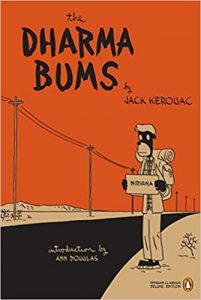
The second trip I took was to the house where Jack Kerouac spent his final days in St. Petersburg, Florida. My parents had just moved to the Tampa area, and my brother and I set off to find the Beat writer’s house. When we reached the address we’d found in a biography, we looked at each other: This was the final home of the author of On The Road and Dharma Bums? We wandered outside the suburban home until we started getting glances from the neighbors. We didn’t talk much on the way home, both of us clearly underwhelmed. In a way what I learned from both pilgrimages is that the spell of literature isn’t always in the real, but in the imagined. It was also refreshing to have the veil lifted a bit. To understand that the heroes of my youth were just people who lived in sometimes unglamorous spaces. That the true magic is in the work.
SS: What epitaph would you want most to be written about you when it’s all said and done? What epitaph would you like at the end of your life?
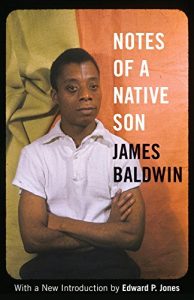
SS: Any particular writer in mind whom you would want to complete your unfinished works in the event of your death?
DP: What a brilliant question! And while we’re on the subject of morbidity, why not attack it. I’m in the final edits of a novel about the opioid epidemic that takes place in Florida. If I were to get eaten by the proverbial alligator before I’ve finished the novel, I would love, love, love if Lauren Groff would finish my book. Her collection of pitch perfect short stories, Florida, captured so much of the strange, sublime spirit of The Sunshine State. I feel that not only would she heighten the book’s sense of place, but also raise the literary stakes while helping me fill in the gaps on my characters. I’d be mortified if she saw some of my mistakes, but, oh, how her touch would take my novel to wild, untamed places.
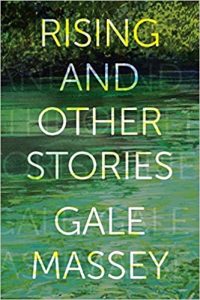
DP: Taylor. She’s a twelve-year-old girl who came out of nowhere and just started wreaking havoc in my debut novel. I love her for it. I’m indebted to her for it. She taught me how to write a third act. I don’t write with outlines; I’m a grope-in-the-darkness kind of writer. At one point, this bold girl showed up and began pushing my narrator around in a way he totally needed. Every time my narrator tried to be passive, she’d shove him toward another problem. I followed her into rooms I never dared enter as a writer. With her, I had that feeling that I was watching her move around the world I created and my job was to record what I witnessed. She was in charge from the moment she stepped onto the page.
SS: What would a fly on the wall see if he watched you while you are writing?
DP: I swear a lot while I write. When the right word won’t present itself, when I can’t put my finger on the essence of a character, when I just don’t know what will happen next in a story. All the good ones come out. That fly would build quite a lexicon of pejoratives after sitting through a writing session with me.
SS: What is the best investment you ever made in your writing?
DP: I live in a small house with two young kids and a dog. It’s not the most conducive setting to slip into the dream of storytelling. After I sold my first book, I took some of the money and built an 8-by-10 writing studio in my backyard. It has electricity, shoddy wifi, and enough heat in the winter to allow me to take my jacket off most days. It’s a godsend to my writing life. I can hunker down for hours without interruption. The absolute silence of my writing studio is the best gift I ever gave myself.
SS: I was lucky that by the time I started writing at age sixty, I had a room of my own, so to speak, in which to write. Even then, I need total silence and coffee to get started. Isabel Allende starts all of her books on January 8 because she started The House of Spirits on that date. Do you have any superstitions or creative rituals about your writing?
DP: I used to, but then I had kids and my world blew up. In the best way! But I had to learn to go from changing diapers to writing dialogue in a moment’s notice if I was ever going to get any work done. Having children has taught me not to be too precious about my writing rituals. It’s been a great lesson. Clock in, hit your word count, and come back tomorrow.
SS: Do you want each book to stand on its own, or are you trying to build a body of work with connections between each book?
DP: It’s funny, when I started writing my latest novel, I made such a conscious effort to separate it stylistically from Soon the Light Will be Perfect. I had this fear that critics and readers would just think I was a one-note writer. The first draft of my new book was very different in many ways to my debut. But as I’ve edited draft after draft of my current project, the tone and feel is starting to get in line with my first book. I worked against that instinct for a while, but always to a lesser effect. There are some stark differences between the first book and the new manuscript, but there are some core similarities that I’m embracing as something akin to my style.
SS: In my first book, I tried to capture the voice of a young woman of the late nineteenth century. My second novel was much different in tone. And my third even different. But what ties my work together is a an interest in women’s rights (or lack thereof), fears, and challenges. What part do your own fears play in your fiction?
DP: My own fears are at the forefront of all my fiction. When I write towards my greatest fears, sparks fly, surprising things happen, and I enter unknown territory where I’m at once terrified and open. It can be exhausting, but we have to be willing to bleed for our stories.
SS: What are you most challenged by these days?
DP: Without a doubt, I am most challenged by becoming anti-racist as a writer, an educator, and an American. I’m taking in as much as I can to understand the constructs of race in America and the systematic racism that has benefited me as a white male. Like I said earlier, I was raised pretty poor. When I was younger white privilege felt like something other white people benefited from. I’m learning just how wrong and violent that viewpoint was. As Maya Angelou stated, “Do the best you can until you know better. Then when you know better, do better.” I’m trying to learn more and do better everyday.
SS: I have an interracial son, so every day I work to overcome the biases I learned over my lifetime. As it stands, I’m more interested in the obstacles POC face than he is. I can’t get him to look at Stamped from the Beginning by Ibram X. Kendi, which I recently finished. What are you currently reading?
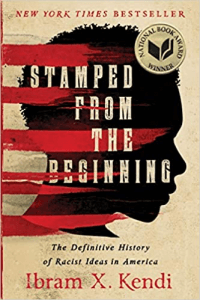
SS: What was the first book you fell in love with?
DP: Gatsby. It’s so cliché to admit, but my god. Fitzgerald’s mix of poetic language, masterful depiction of characters, and a feverish plot that rages at full boil until the end has entranced me since I was seventeen. The opening pages can still make the hair on the back of my neck rise.
And as a poor kid on the bitter edge of America in northern Vermont, the overt damnation of the upper class was irresistible. My father was laid off from a well-known weapons manufacturing plant at the height of the first Gulf War. Money was pouring into the coffers, but to save a few shekels, the corporation laid off manufacturing workers, sold to another company, and the new corporation hired back all the laborers at an immoral salary. Fitzgerald somehow summed up the rage I felt as a powerless child of the proletariat in a book set in New York in the summer of 1922.
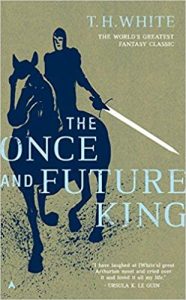
DP: I don’t read any reviews—good or bad. I usually have my wife read them and tell me generally if they were positive or negative. I don’t want to hear criticism or praise. They both mess with my brand of neuroses. A well-meaning compliment can have me second-guessing my work in a writing session as much as an incisive criticism. I avoid it all. Though, of course, I have been humbled and honored by the good reviews, even if I can’t read them.
SS: Describe your books in 3 words:
DP: Raw. Unapologetic. Taut.
SS: Pantser or Plotter?
DP: Pantser! 100%. I’m addicted to the thrill of being surprised by what I write.
SS: Pick a fictional character to fight, kill and have a beer with.
DP: Fuckhead from Jesus’ Son by Dennis Johnson. I can’t imagine a night with him going any other way than beer, fight, kill.
********************
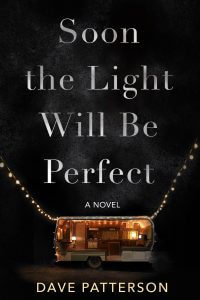
Amazon | PrintBookStore | B&N
********************
You can follow Dave on social media here:
********************
This post contains Amazon Affiliate links. As an Amazon Associate, I earn a small amount from qualifying purchases.
